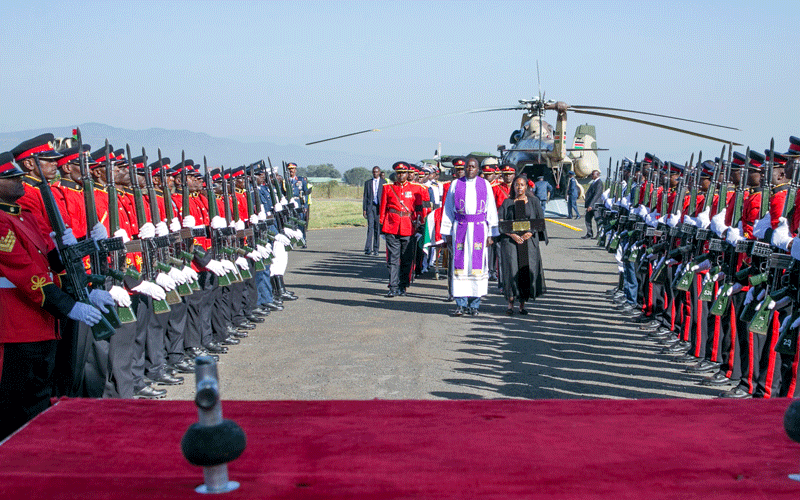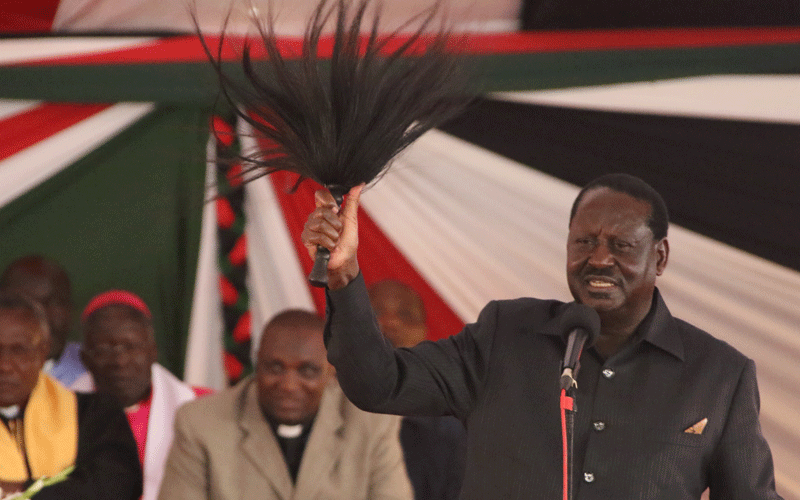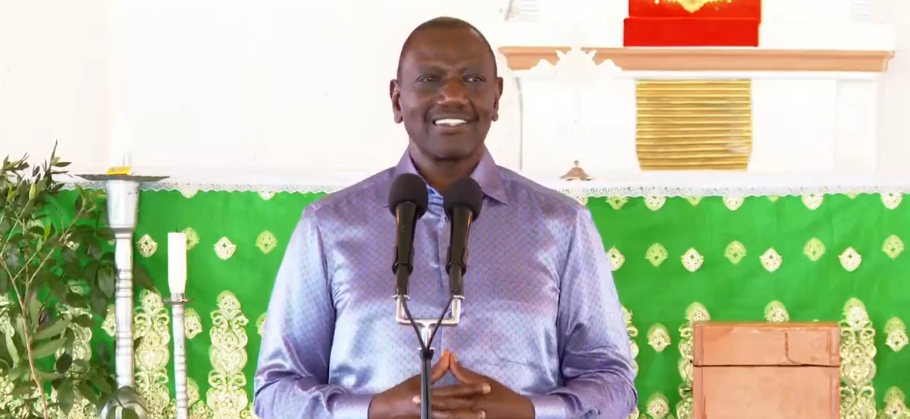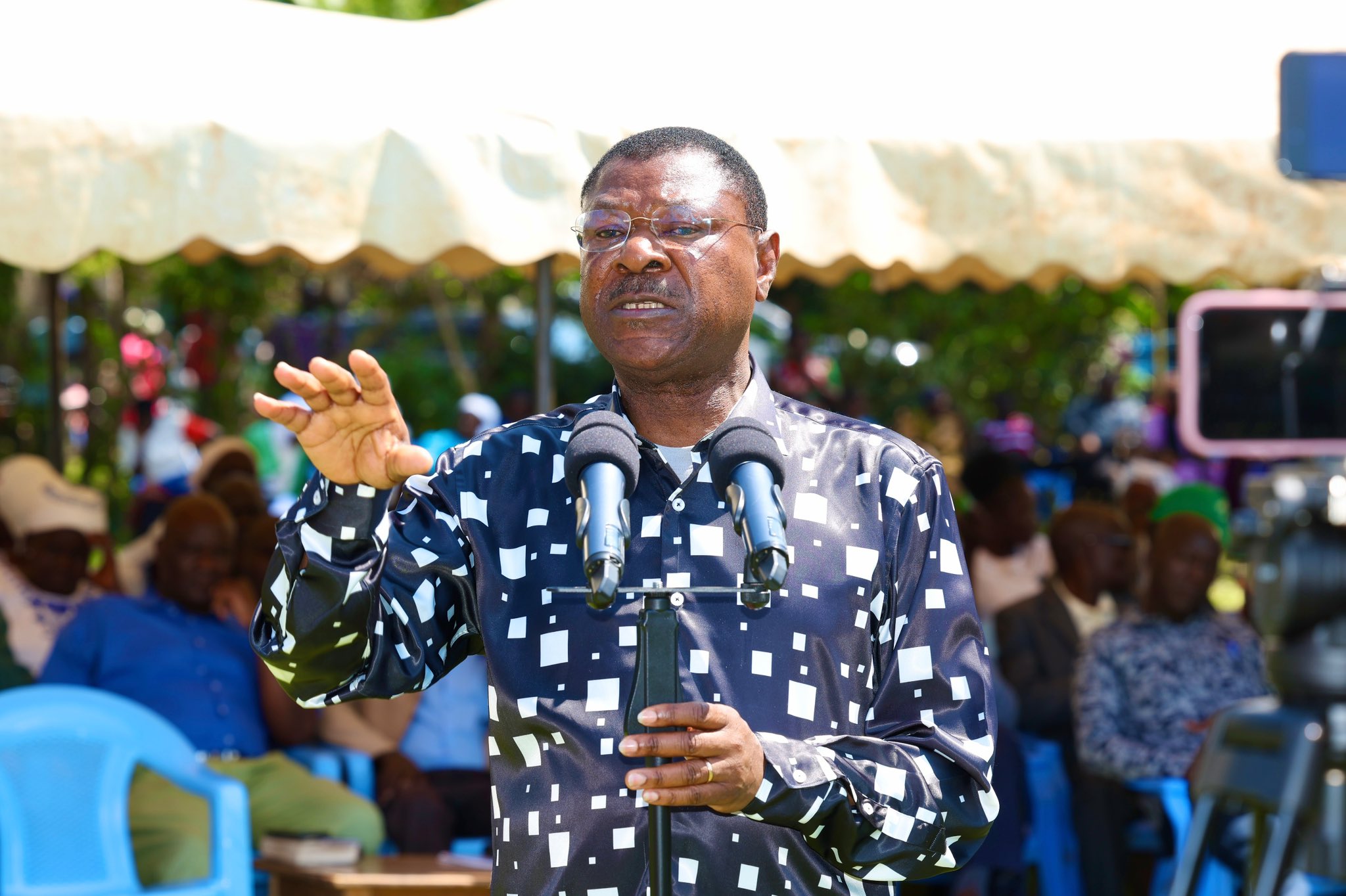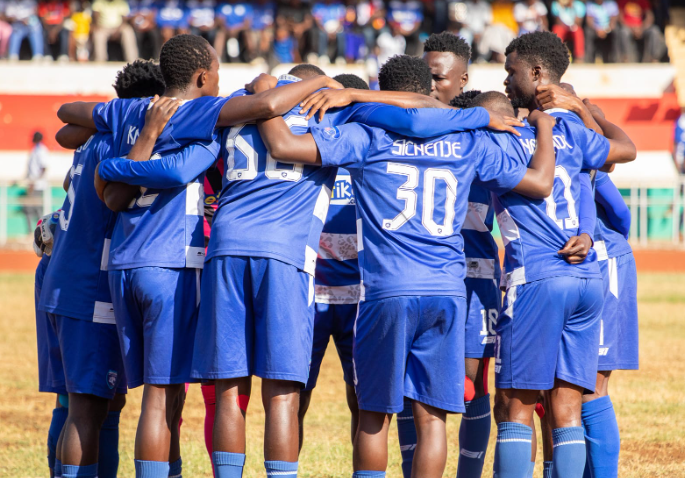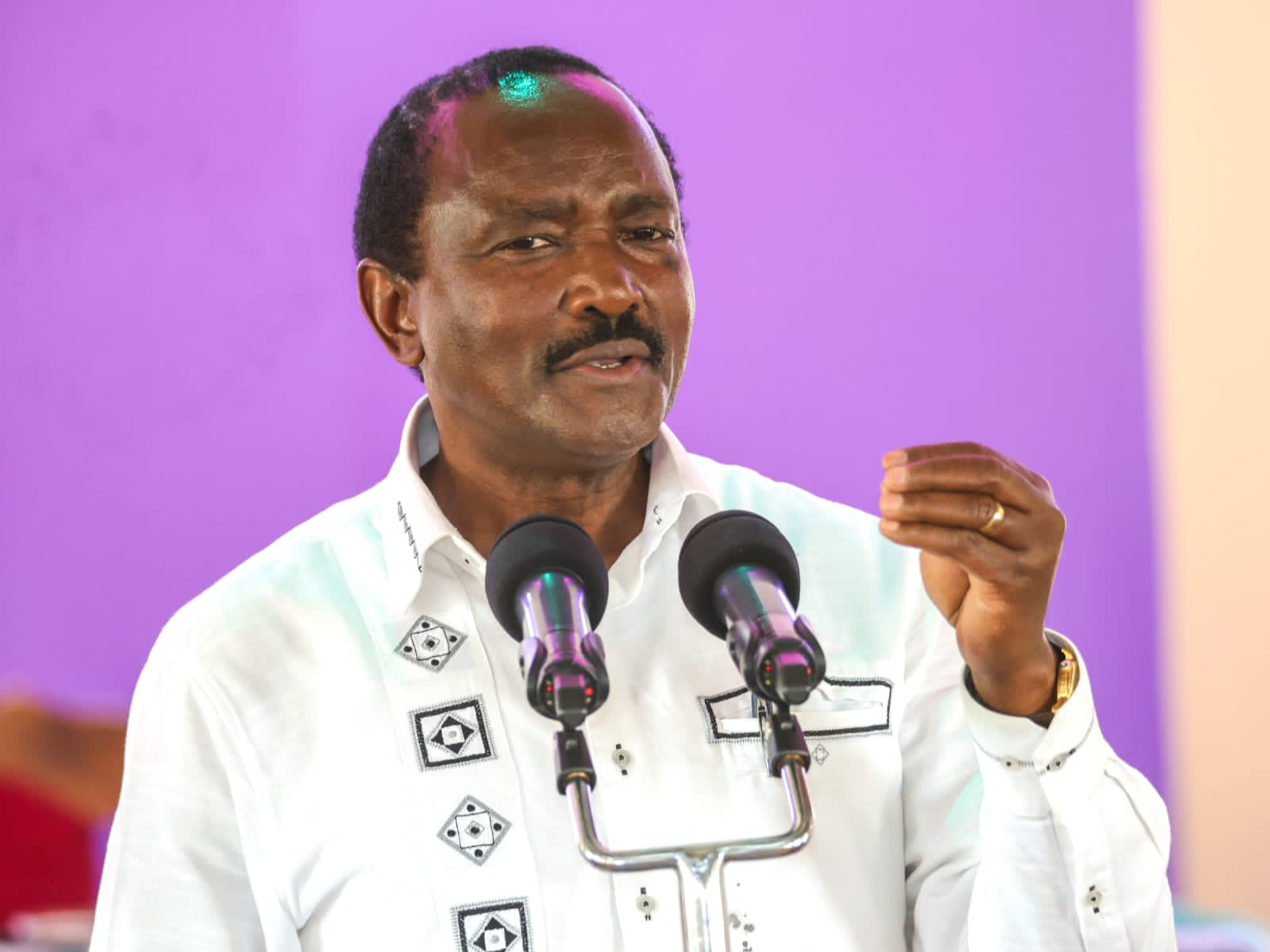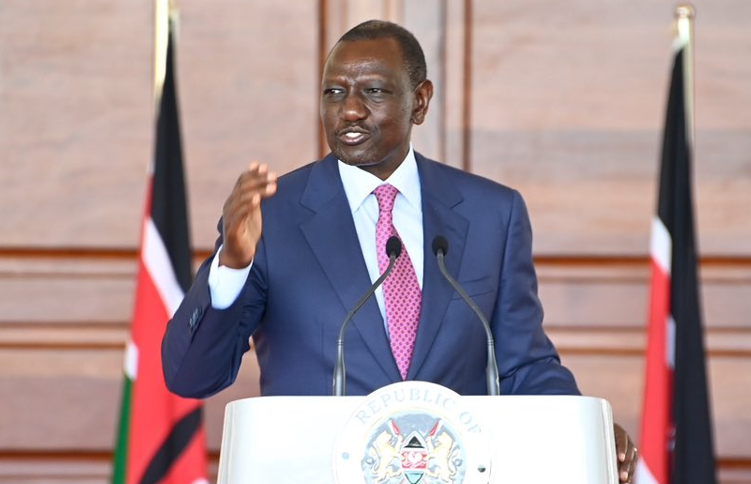Moi scored poorly on freedom of the press
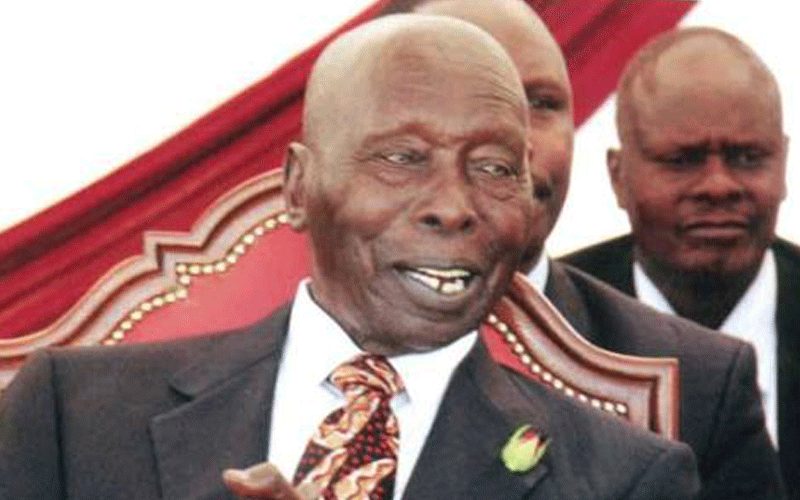
The story of former President Daniel arap Moi is being told over and over as the nation mourns his passing on.
His is the story of a man who has left an indelible mark in the history of our nation.
On the one side are the achievements of the man who rose from a herdsboy to the nation’s chief executive and stayed at the top seat for quarter of a century.
The achievements are many particularly in the fields of education, conservation and sports.
On the other side are things that could have turned out better. Moi inherited the practice of detentions without trial from his predecessor Jomo Kenyatta and perfected it.
It was under Moi’s leadership, critics say, that corruption and plunder of public funds grew.
One area where there is possibly little ambiguity is Moi’s legacy on the media. The balance sheet reads negative.
At his ascent to power in 1978, Kenya had at least three newspapers, a magazine that even after it ceased publication remains the standard bearer, one radio station and one television station both which were on air some hours of the day.
Moi’s reign did little to improve on this. In the early 1980s the then ruling party Kanu bought the privately-owned Nairobi Times and renamed it Kenya Times.
The paper would have been a great addition to the newsstands but then it introduced partisan journalism that the country had not witnessed before.
The propaganda wing of the paper produced a pullout called Kanu Briefs whose objective was to attack the opposition.
Rather than let the market forces influence the distribution of the paper, the ruling machine made Kenya Times mandatory reading in public offices, thus distorting the print media terrain.
But it did not stop there. Advertising revenue is the blood that sustains the press. The Kanu regime made sure that this too was skewed in favour of the ruling party’s newspaper.
In a staff memo circulated among the staff of Weekly Review, the management observed that given the preferential award of advertisements, the magazine’s future was in jeopardy.
The tone of reporting in Weekly Review would change soon after in favour of Harambee House, a path the magazine never recovered from.
Other publications never faired any better with many of them being banned.
The height of the onslaught on magazines was in 1988 when NCCK-owned Beyond magazine reported on that year’s elections pointing out that the elections, conducted through a queuing system, had irregularities.
In response the magazine’s past, current and future issues were banned, it became illegal to own a copy of the publication.
Moi’s relationship with journalists was tenuous. There was systematic censorship of reporters, foreign ones were sent packing and a few local ones detained.
An atmosphere of fear suffused newsrooms as journalists did not know who, from the cleaner to the editor, they could trust.
The government in that era had exclusive management of the spectrum. It is an area where the ministry of information reigned supreme and licences to operate radio and TV stations were issued strictly to those in the government’s good books.
The first private television station, KTN, was licensed around 1990. It was such a fresh breath of air compared with the staid KBC that had been the staple of Kenyan TV fair for decades.
It would take nearly eight years for a private radio station to be licensed. The regime stunted the growth of the media sector in no small measure.
Yet, by allowing comedians to parody him, Moi gave a great relief to the creative industry.
The Reddykulas comedy group, made up of a group of Kenyatta University students, chanced on the scene when many were cowed.
In allowing the group to prosper, Moi planted the seed that has continued to grow into today’s laugh industry. Largely though the developments in the media sector are in spite of that era. — The writer is the dean, School of Communications, Daystar University

